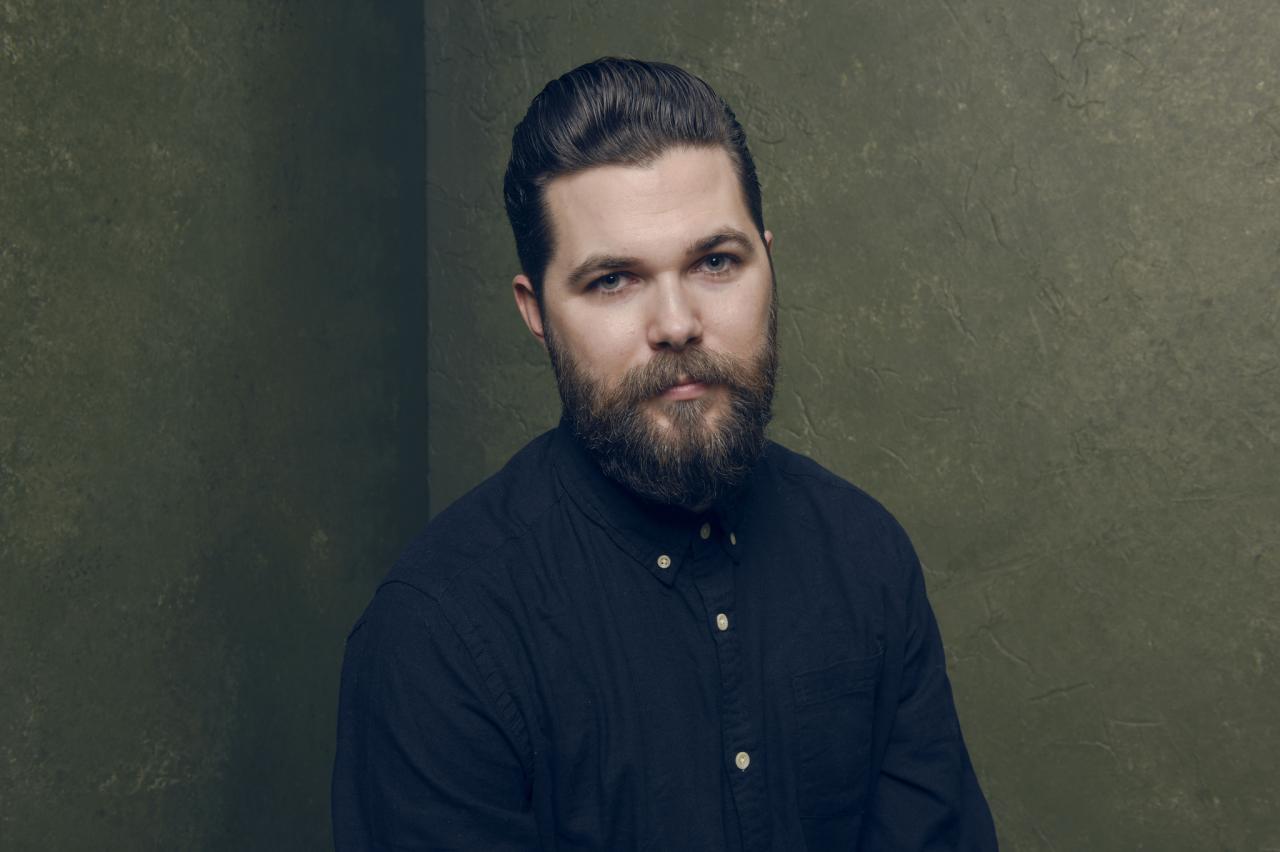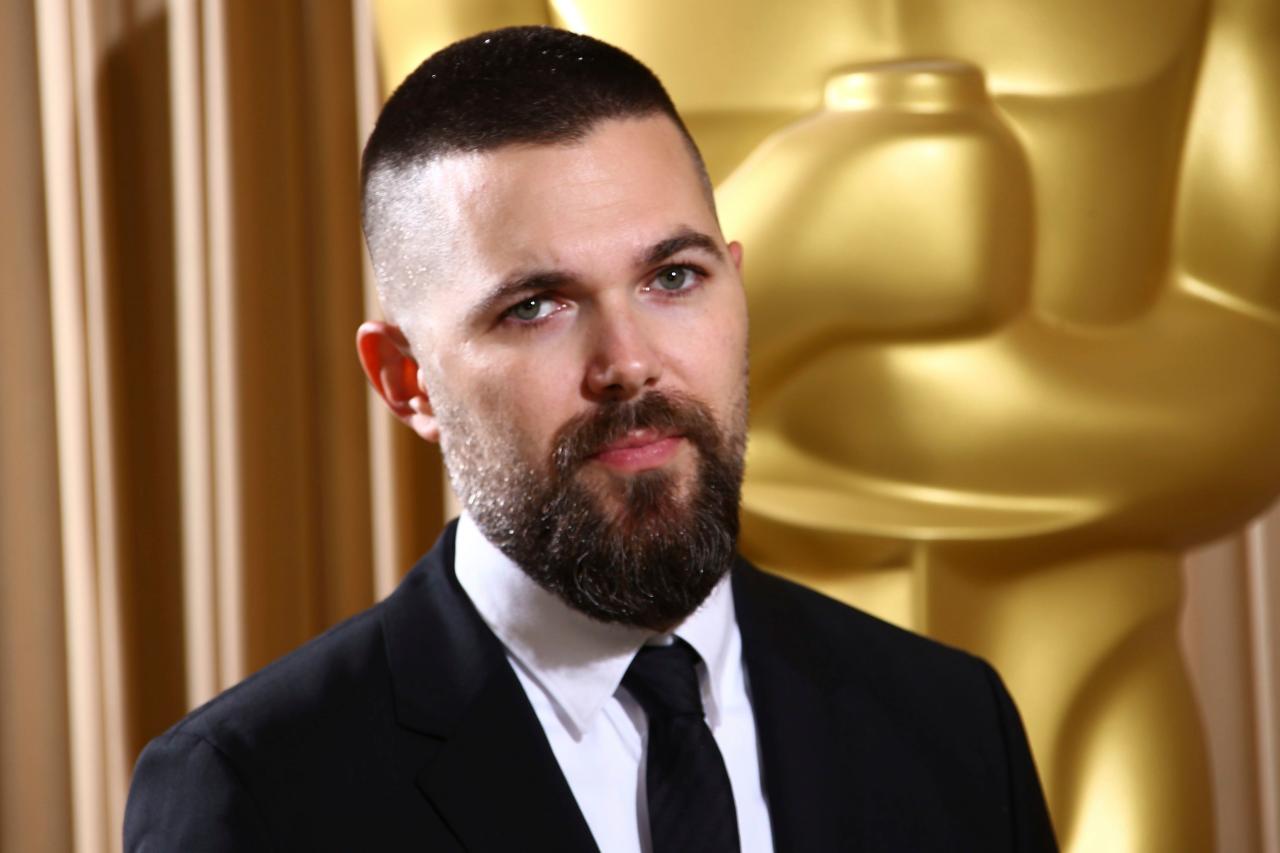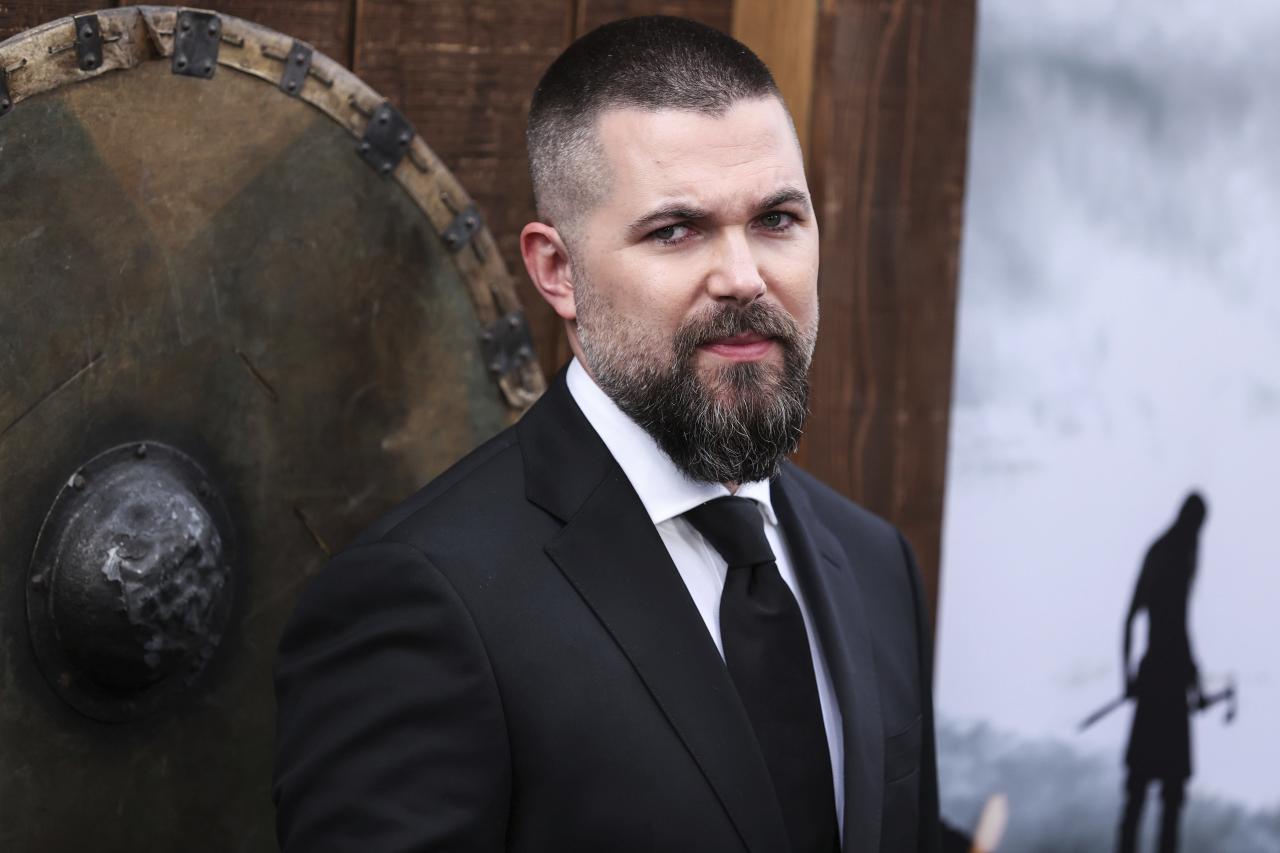Robert Eggers, a visionary filmmaker, has emerged as a master of cinematic storytelling, crafting films that explore the depths of human nature through themes of isolation, guilt, and the supernatural.
His distinctive cinematic style, characterized by meticulous attention to detail, immersive sound design, and a profound understanding of human psychology, has captivated audiences and critics alike.
Robert Eggers
Robert Eggers is an American filmmaker who has garnered critical acclaim for his distinctive and atmospheric horror films. His meticulous attention to detail, use of symbolism, and exploration of dark themes have set him apart as a unique voice in contemporary cinema.
Eggers was born in New Hampshire in 1983 and developed an early fascination with horror films. He studied film at New York University, where he made several short films that showcased his talent for creating unsettling and immersive cinematic experiences.
Early Influences
Eggers’ cinematic style has been influenced by a wide range of sources, including classic horror films, folklore, and historical events. He has cited the works of directors such as Ingmar Bergman, Stanley Kubrick, and Andrei Tarkovsky as major influences on his filmmaking.
Notable Achievements
Eggers’ breakthrough came with his debut feature film, The Witch(2015), which won critical praise for its authentic depiction of 17th-century New England and its exploration of themes of superstition, guilt, and paranoia. His follow-up film, The Lighthouse(2019), was another critical and commercial success, earning nominations for several major awards, including the Academy Award for Best Cinematography.
Themes and Style, Robert eggers
Eggers’ films are characterized by their slow-paced, deliberate pacing, which allows him to build tension and atmosphere gradually. He often uses natural lighting and authentic costumes and sets to create a sense of historical realism. His films also explore dark themes such as guilt, madness, and the supernatural.
Eggers’ Distinctive Cinematic Style
Robert Eggers has developed a distinctive cinematic style that sets his films apart from others in the horror genre. His use of natural light, period-accurate sets, and immersive sound design creates a unique and unsettling atmosphere that draws viewers into his films.
One of the most striking aspects of Eggers’ films is his use of natural light. He often shoots his films on location, using only natural light to illuminate the scenes. This gives his films a raw and realistic look that adds to the sense of unease.
Eggers also pays meticulous attention to period detail. His sets are meticulously recreated, down to the smallest detail. This attention to detail helps to create a sense of authenticity that immerses the viewer in the world of the film.
Finally, Eggers’ use of sound design is masterful. He uses sound to create a sense of atmosphere and dread. The sounds of creaking floorboards, dripping water, and howling wind all contribute to the feeling of unease that pervades his films.
Use of Symbolism
Eggers’ films are also notable for their use of symbolism. He often uses symbols to represent the characters’ inner fears and desires. For example, in The Witch, the goat represents the devil, and the forest represents the unknown. Eggers’ use of symbolism adds depth and complexity to his films.
Themes Explored in Eggers’ Films: Robert Eggers
Isolation, guilt, and the supernatural are recurring themes in Eggers’ films. His characters are often isolated from society, either physically or emotionally, and this isolation leads them to confront their own inner demons.
Guilt is another major theme in Eggers’ work. His characters are often haunted by past mistakes, and this guilt drives them to make further destructive choices.
The Supernatural
Eggers’ films also frequently explore the supernatural. His characters often encounter strange and unexplained phenomena, and these encounters force them to question their own beliefs.
- In The Witch, a family is terrorized by a witch in the woods.
- In The Lighthouse, two lighthouse keepers are driven to madness by isolation and the supernatural.
- In The Northman, a Viking prince seeks revenge for the murder of his father, and his quest leads him into a world of magic and myth.
Collaborations and Influences
Robert Eggers’ distinctive cinematic style has been shaped by a close-knit group of collaborators and influences from various artistic traditions.
Key Collaborators
- Willem Dafoe:A frequent collaborator, Dafoe has starred in Eggers’ films The Lighthouseand The Northman, bringing his intense and enigmatic presence to both roles.
- Jarin Blaschke:Eggers’ long-time cinematographer, Blaschke’s evocative and atmospheric camerawork has played a crucial role in establishing the director’s visual aesthetic.
- Mark Korven:The composer behind Eggers’ scores, Korven’s haunting and experimental compositions have added a layer of unease and tension to the director’s films.
Artistic Influences
Eggers’ work draws inspiration from a diverse range of sources, including:
- Gothic Horror:Eggers’ films evoke the dark and macabre atmosphere of classic gothic horror, with elements of the supernatural and psychological dread.
- Folklore and Mythology:Eggers incorporates elements of folklore and mythology into his narratives, creating a sense of authenticity and immersion.
- Historical Realism:Eggers meticulously researches the historical periods in which his films are set, striving for historical accuracy in his depictions.
Critical Reception and Impact
Robert Eggers’ films have garnered critical acclaim for their unique vision, meticulous craftsmanship, and unsettling atmosphere. Critics have praised his ability to create immersive and disturbing cinematic experiences that challenge audiences and leave a lasting impact.
However, Eggers’ work has also been met with some negative reception, particularly from those who find his films too slow-paced, bleak, or disturbing. Despite these criticisms, Eggers’ films have developed a cult following among horror enthusiasts and film critics alike.
Impact on the Horror Genre
Eggers’ films have had a significant impact on the horror genre. His emphasis on atmosphere, psychological tension, and historical accuracy has inspired a new generation of horror filmmakers to explore similar themes and techniques.
Eggers’ films have also helped to redefine the boundaries of the horror genre. His films are not simply exercises in gore or jump scares, but rather complex and thought-provoking explorations of human nature and the dark side of history.
Impact Beyond the Horror Genre
Eggers’ work has also resonated beyond the horror genre. His films have been praised for their artistic merit, their exploration of universal themes, and their ability to transcend genre conventions.
Eggers’ films have been compared to the works of classic filmmakers such as Ingmar Bergman and Stanley Kubrick. His films have also been cited as influences on a wide range of filmmakers, from Jordan Peele to Ari Aster.
Future Projects and Legacy
Robert Eggers is currently working on two upcoming projects: “Nosferatu” and “The Northman.” “Nosferatu” is a remake of the classic 1922 German Expressionist horror film of the same name. “The Northman” is an epic Viking revenge saga that will star Alexander Skarsgård, Nicole Kidman, and Willem Dafoe.Eggers’ films have been praised for their unique visual style, their atmospheric and immersive storytelling, and their exploration of dark and disturbing themes.
His work has been compared to that of Stanley Kubrick, Ingmar Bergman, and Andrei Tarkovsky.It is likely that Eggers will continue to explore similar themes and styles in his future work. He has expressed an interest in making films about witchcraft, the occult, and the supernatural.
He has also said that he is interested in exploring the darker side of human nature.Eggers’ films have already had a significant impact on cinema. His work has helped to revive interest in horror films and has inspired a new generation of filmmakers.
It is likely that Eggers will continue to be a major force in cinema for many years to come.
Legacy
Eggers’ films have been praised by critics for their originality, their technical achievement, and their exploration of dark and disturbing themes. His work has been compared to that of Stanley Kubrick, Ingmar Bergman, and Andrei Tarkovsky.It is likely that Eggers will be remembered as one of the most important filmmakers of his generation.
His films have already had a significant impact on cinema, and they are likely to continue to be influential for many years to come.
End of Discussion
As Eggers continues to push the boundaries of cinematic expression, his legacy as a groundbreaking auteur is secure. His films stand as testaments to the power of storytelling to delve into the darkest recesses of the human soul and illuminate the fragility of our existence.
FAQ Guide
What is Robert Eggers’ signature cinematic style?
Eggers’ films are known for their use of natural light, period-accurate sets, and immersive sound design to create a palpable sense of atmosphere and authenticity.
What are the recurring themes in Eggers’ work?
Eggers’ films often explore themes of isolation, guilt, and the supernatural, delving into the psychological and emotional complexities of his characters.
What are some of Eggers’ most notable collaborations?
Eggers has collaborated with a number of talented actors, including Willem Dafoe, Robert Pattinson, and Anya Taylor-Joy, as well as cinematographers Jarin Blaschke and Greig Fraser.


